24 January 2025
When it comes to real estate investing, property appreciation is like the holy grail. It’s what keeps investors wide-eyed at night, calculating profits and dreaming big. But here’s the deal—not all property appreciation is created equal, and unless you have a solid handle on what it is and how it works, you’re basically flying blind. Whether you're a first-timer or a seasoned investor, understanding the ins and outs of property appreciation is essential to making smart decisions.
So, buckle up—we’re diving into everything you need to know about property appreciation. Trust me, by the end of this, you’ll be equipped with some serious knowledge to boost your real estate game.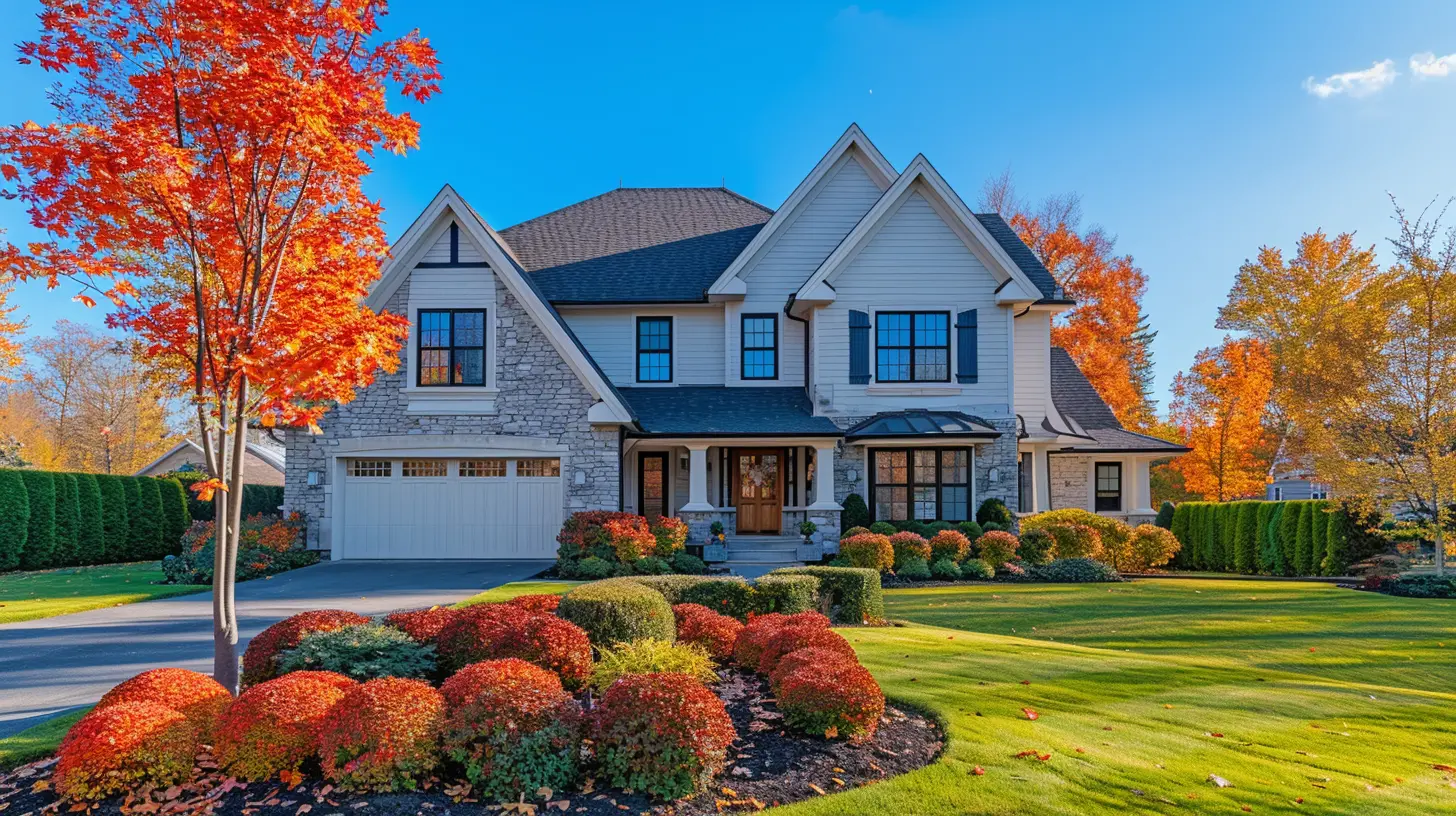
What Is Property Appreciation?
Let’s start with the basics. Property appreciation is simply the increase in a property’s value over time. In plain English? It’s when your property is worth more tomorrow than it is today. Sounds great, right? But it’s not just about sitting back and letting time do all the work. Appreciation can be driven by lots of factors, many of which you can influence (we’ll get to that in a bit).There are two types of appreciation you need to know about: natural appreciation and forced appreciation. Think of them as two sides of the same coin.
Natural Appreciation
This is the kind of appreciation that happens organically, without you lifting a finger. It’s influenced by market forces like supply and demand, population growth, inflation, and economic conditions. For example, if a city suddenly becomes a hotspot for tech startups, guess what? Property values in that area skyrocket.But here’s the kicker—natural appreciation is mostly out of your control. It’s like surfing; you ride the wave, but you can’t control the ocean.
Forced Appreciation
Now, this is where you step in. Forced appreciation happens when you actively increase the value of your property. Think renovations, upgrades, or even better management. For instance, turning a drab basement into a sleek, rentable unit? That’s forced appreciation. It’s like adding sprinkles to your ice cream—it just makes it better (and more valuable).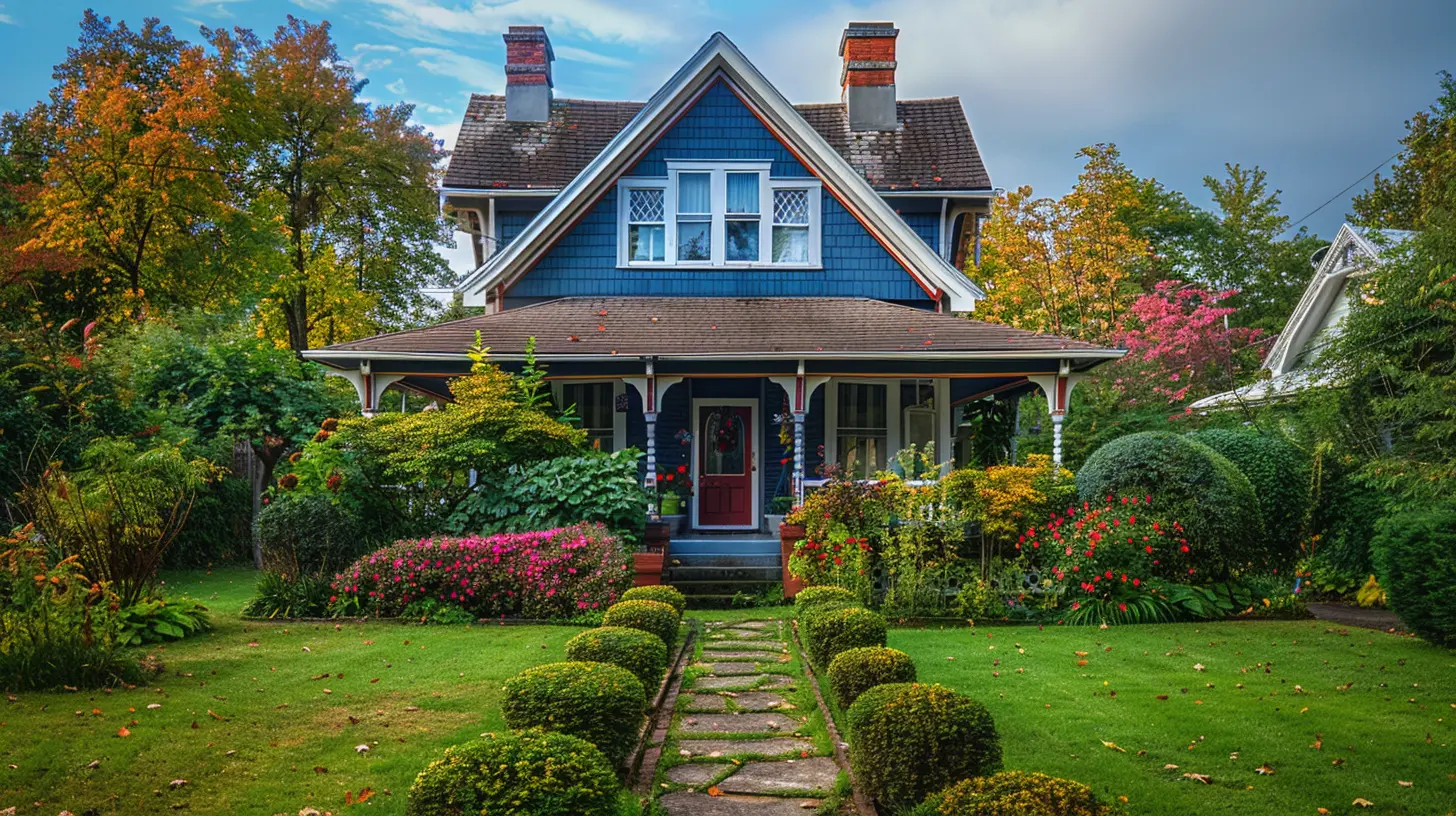
Why Is Property Appreciation So Important?
Okay, let’s get real—why should you care about property appreciation? Because it’s how you build wealth in real estate. Plain and simple. Here’s how it works:1. Increased Equity: As your property’s value increases, so does your equity. This is the part of the property you actually own outright. More equity means more financial leverage for future investments.
2. Better Cash Flow: When a property appreciates, you can often charge higher rents. That means more money in your pocket every month. Who doesn’t love that?
3. Higher Resale Value: Want to sell down the line? Appreciation means you can list your property for a higher price and pocket the profit. It’s like planting a tree and watching it bear fruit.
Factors Influencing Property Appreciation
Not all properties appreciate at the same rate. Some soar like rockets, while others crawl. So what gives? Let’s break down the biggest factors behind property appreciation.Location, Location, Location
You’ve probably heard this phrase a million times, but there’s a reason for that. Location is king when it comes to real estate. A property in a trendy, up-and-coming neighborhood will appreciate faster than one in a stagnant area. Look for places near schools, parks, public transportation, and shopping hubs—these are the gold mines.Economic Growth
When the local economy thrives, so does property value. New jobs, infrastructure projects, and industry growth often lead to higher demand for housing. Ever notice how property values in Silicon Valley exploded when tech started booming? That’s no coincidence.Supply and Demand
It’s basic economics. When there’s more demand than supply, property values go up. Think of it like concert tickets—if everyone wants them but there are only a few available, prices shoot up.Inflation
Inflation can be your friend in real estate. As the cost of goods and services rises, so does the replacement cost of homes. This naturally pushes property values higher. It’s like the hidden wind beneath your investment wings.Upgrades and Renovations
Remember forced appreciation? Minor upgrades like modern fixtures or a fresh coat of paint can add significant value to a property. Larger projects—like adding a bathroom or finishing a basement—can send the property’s value through the roof.
How to Maximize Property Appreciation
Here’s the million-dollar question: What can you do to maximize your property’s appreciation potential? Let’s break it into actionable steps.Pick the Right Property
It all starts here. Look for properties in areas with strong growth potential—places where demand is likely to rise. Pay attention to local market trends, planned infrastructure projects, and upcoming amenities. Think of it like choosing the best horse before the race.Improve the Property
Even small cosmetic changes can make a big difference. Start with curb appeal—landscaping, a fresh coat of paint, or new shutters. Inside, focus on kitchens and bathrooms; buyers love updated spaces. Think of it as giving your property a facelift.Keep an Eye on Timing
Timing the market can be tricky, but it’s worth the effort. Properties tend to appreciate faster during economic booms. If you buy during a downturn, you’re more likely to see significant appreciation once the market rebounds.Consider Long-Term Holdings
Real estate is generally a long game. The longer you hold onto your property, the more time it has to appreciate. Patience, as they say, is a virtue.Leverage Smart Technology
Smart home features are the “hip” thing these days. Adding things like smart thermostats, security systems, or energy-efficient appliances can boost your home’s value and make it more attractive to buyers or renters. It’s like turning your property into the cool kid on the block.Common Pitfalls to Avoid
Before you go all-in on property appreciation, let’s talk about some common mistakes investors make.1. Overpaying for a Property: If you pay too much upfront, it’ll take longer to see a return. Always do your homework before signing on the dotted line.
2. Ignoring the Neighborhood: Even the nicest house can struggle to appreciate if it’s in the wrong location. Pay attention to crime rates, school districts, and future development plans.
3. Over-Improving: There’s a fine line between adding value and overdoing it. Don’t spend $100,000 on renovations if the market only supports a $50,000 increase in value.
4. Neglecting Maintenance: A rundown property won’t appreciate, no matter how good the market is. Regular maintenance is key to keeping your investment on track.
Final Thoughts
Property appreciation is like planting a tree—it takes time, care, and the right conditions to grow. But when it does, the rewards can be massive. Whether it’s natural appreciation driven by the market or forced appreciation from your own efforts, understanding how to maximize value is the secret sauce to real estate wealth. So go on, strategize, and let your investments bloom.Remember, the key is to combine long-term thinking with smart, actionable steps. And hey, don’t forget to enjoy the journey—after all, every great investor was once a beginner.

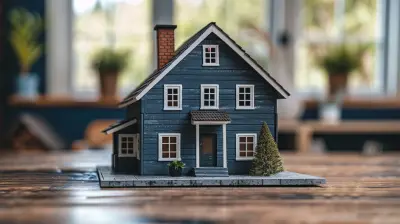


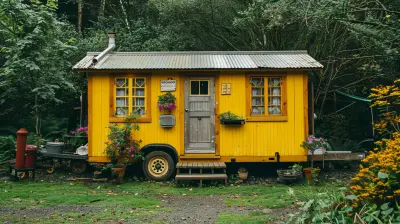


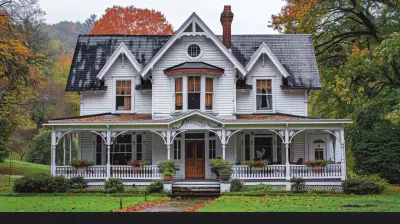


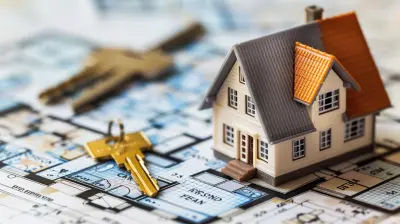
Juno Ross
Great insights on property appreciation! Understanding the factors that drive value is crucial for investors. Excited to apply these tips to my own investment strategy!
April 2, 2025 at 11:14 AM